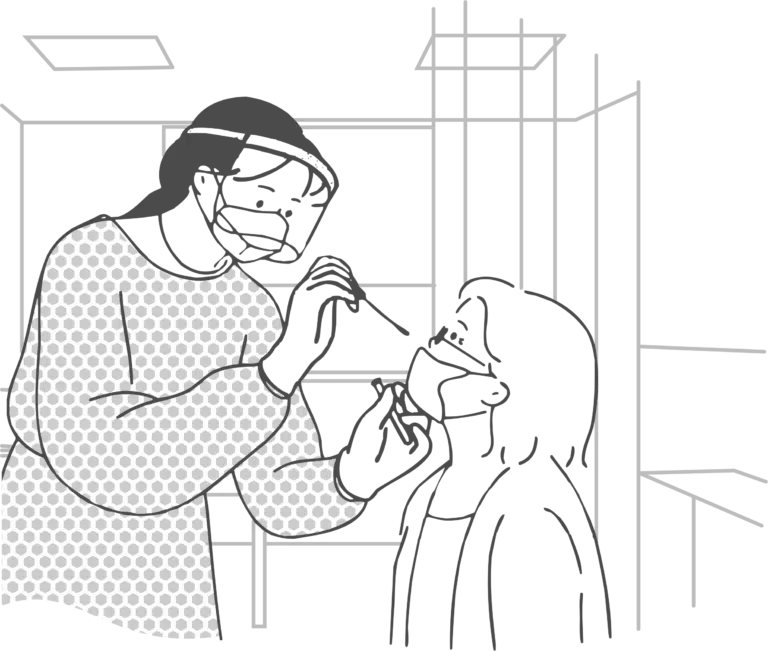
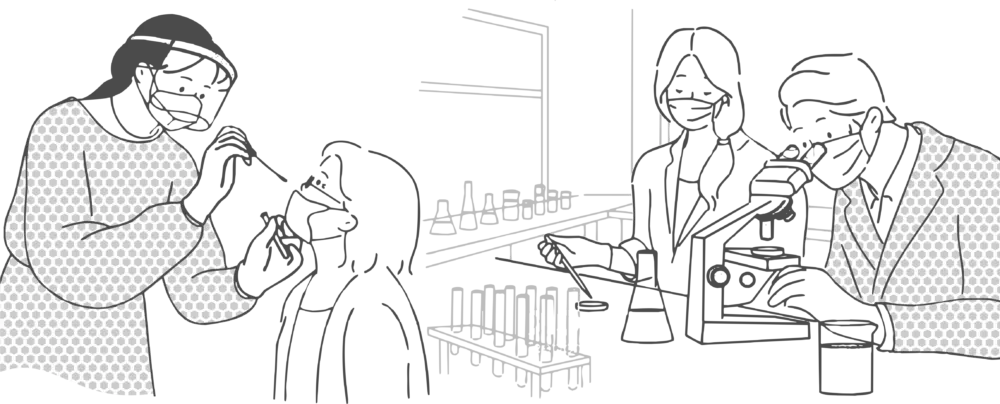
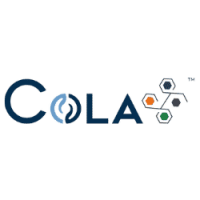
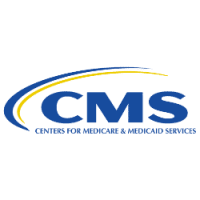
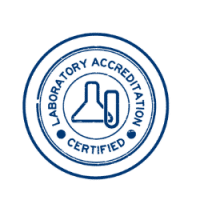
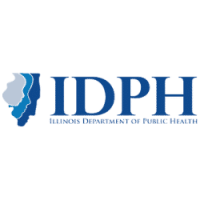

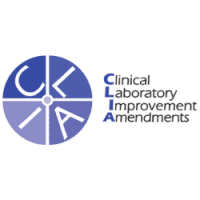
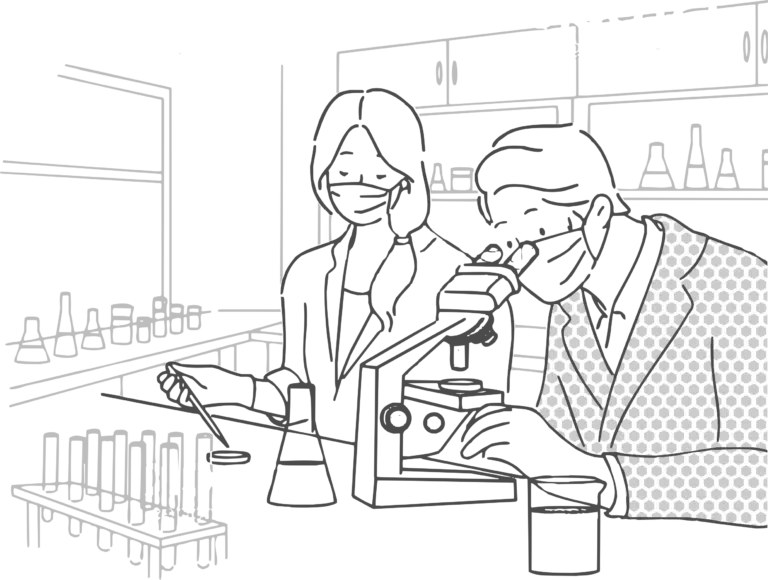
Test Results Sent Directly To Your Email
Schedule your test online
Arrive at our Wicker Park location
Talk to our physician
& get tested
If positive, we treat with PAXLOVID™ (nirmatrelvir tablets; ritonavir tablets) and LAGEVRIO™ (molnupiravir)
Dr. Shinde is the full-time laboratory director supervising all laboratory functions. Dr. Shinde is board certified in both Anatomic and Clinical Pathology by the American Board of Pathologists.
She brings more than 16 years of laboratory management and clinical experience to our PCR laboratory.

1601 W Division
Chicago, IL 60622
(424) 282-6843
Hours of Operation
Mon – Thur: 8am – 7pm CST
Fri-Sat: 8am – 5pm CST
Sun: 10am – 4pm CST
Simply schedule online and then come to our Lakeview or West Loop location
Simply schedule online and then come to our Lakeview or West Loop location
ANTIGEN TESTS:
Whereas molecular tests require specialized equipment for processing samples, an antigen test is simpler, because it requires smaller devices that are easy to transport. Their design is similar to, say, a pregnancy test.
How does the test work? These tests differ from molecular tests such as RT-PCR because they are designed to detect the presence of viral proteins using simple immunochromatography methods, commonly referred to as lateral flow assays. Rapid antigen tests target the SARS-CoV-2, Influenza A & B or Respiratory Syncytial Virus (RSV), the most abundant protein expressed by the virus. They directly assess for the presence of viral proteins, making them different from serology tests, which look for antibodies produced by the host in response to the infection. Thus, rapid antigen tests assess for acute infection only, not prior infection or response to vaccination.
How is a sample obtained? As with molecular tests, a sterile swab is inserted into your nose or throat to obtain a specimen (see details above)—although throat swabs may be less common these days.
How accurate are they? According to the CDC, antigen test sensitivity varies depending on the time in the course of one’s infection, but is considered to have “moderate to high” sensitivity during peak viral load. Compared to molecular tests, antigen tests are more likely to generate false negative results, especially when performed on people who don’t have symptoms.
PCR TESTS:
Still, for the diagnosis of people seriously ill (with a presumed case of COVID-19, Flu & RSV), doctors will generally use a PCR test, because false-negative tests might result in inadequate treatment.
If you are traveling, you might be required to get tested, too. The location you are visiting might require a certain type of test and approved testing locations as well.
Dr. Campbell says a PCR test probably makes the most sense for travel. “You want to detect the virus early, and the PCR test is the most sensitive for that to make sure you are not infectious for your trip,” he says, acknowledging that many place
COVID-19, Flu & RSV Nasal Swab RT-PCR Test: The sensitivity of this test is low in early illness, and is even lower in asymptomatic individuals, likely because of lower viral load, which means even more false negatives. The test’s sensitivity is also dependent upon obtaining an adequate sample from inside the nose. Sensitivity of RT-PCR is likely to be higher later in the illness when the viral load is higher.
COVID-19, Flu & RSV Antibody Tests: Antibodies may not be present in detectable levels in early days of an infection. Test sensitivity increases with the time from from onset of symptoms and is more sensitive later. Delaying a test for too long may not be fruitful because at this time, we do not know how long IgM or IgG antibodies to SARS-CoV-2, Influenza A & B or Respiratory Syncytial Virus (RSV) will remain present in the body after the infection has been cleared.
Lakeview
3264 N Lincoln Ave
Chicago, IL 60657
(424) 282-6843
Wicker Park
1601 W Division
Chicago, IL 60622
(424) 282-6843
Open 7 Days
Mon-Thu: 8a-7p
Fri-Sat: 8a-5p
Sun: 9a-5p
Lakeview
3264 N Lincoln Ave
Chicago, IL 60657
(424) 282-6843
Wicker Park
1601 W Division
Chicago, IL 60622
(424) 282-6843
Open 7 Days
Mon-Thu: 8a-7p
Fri-Sat: 8a-5p
Sun: 9a-5p
This website uses cookies to ensure you get the best experience. See our